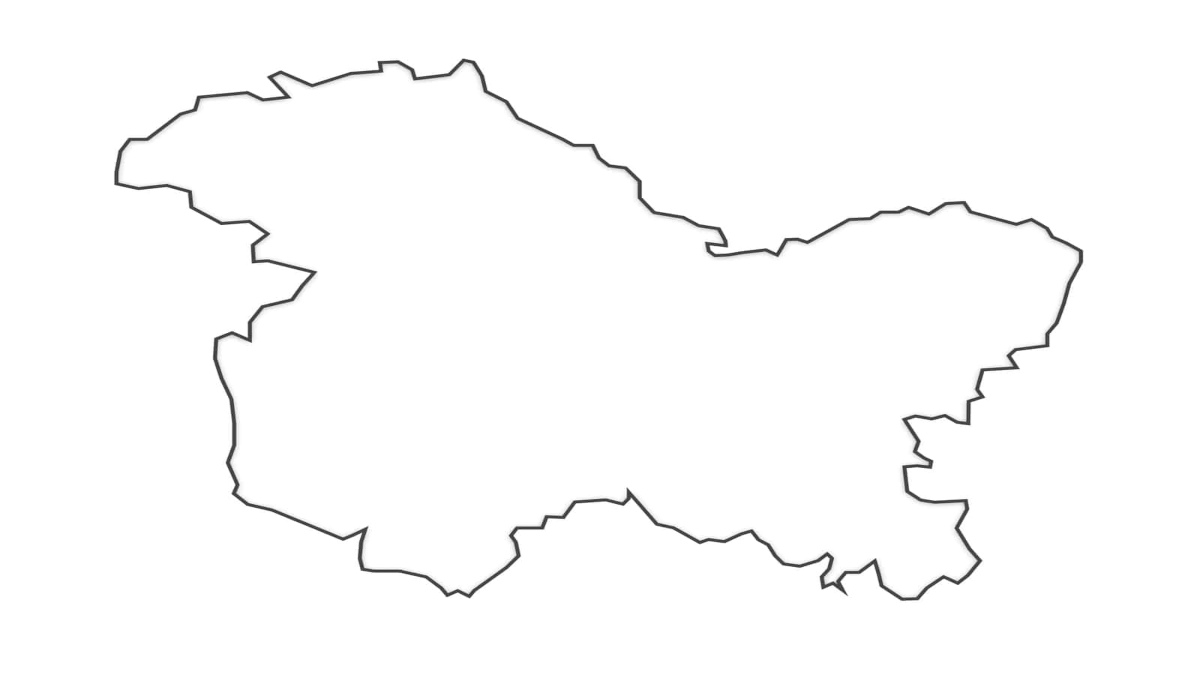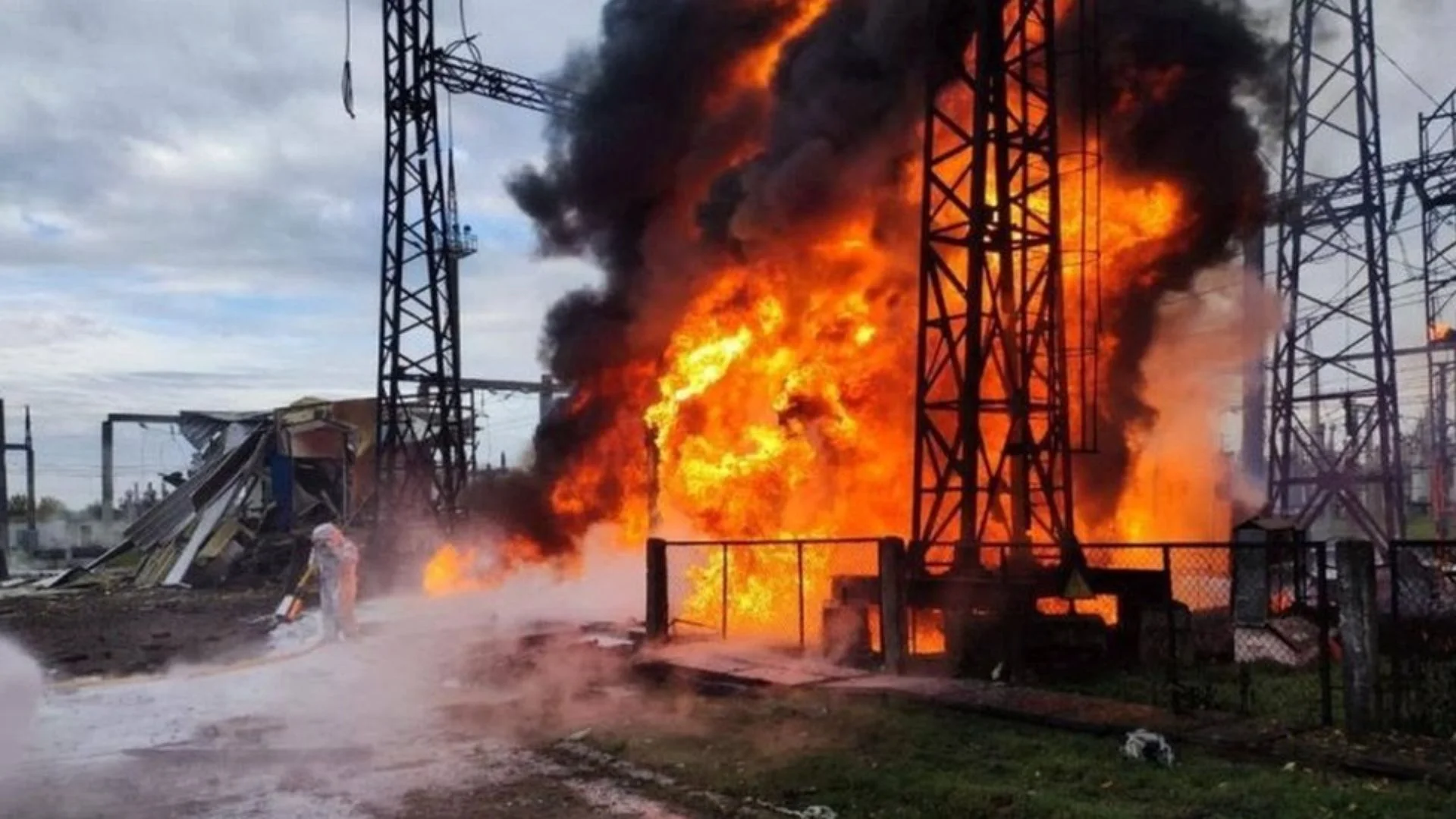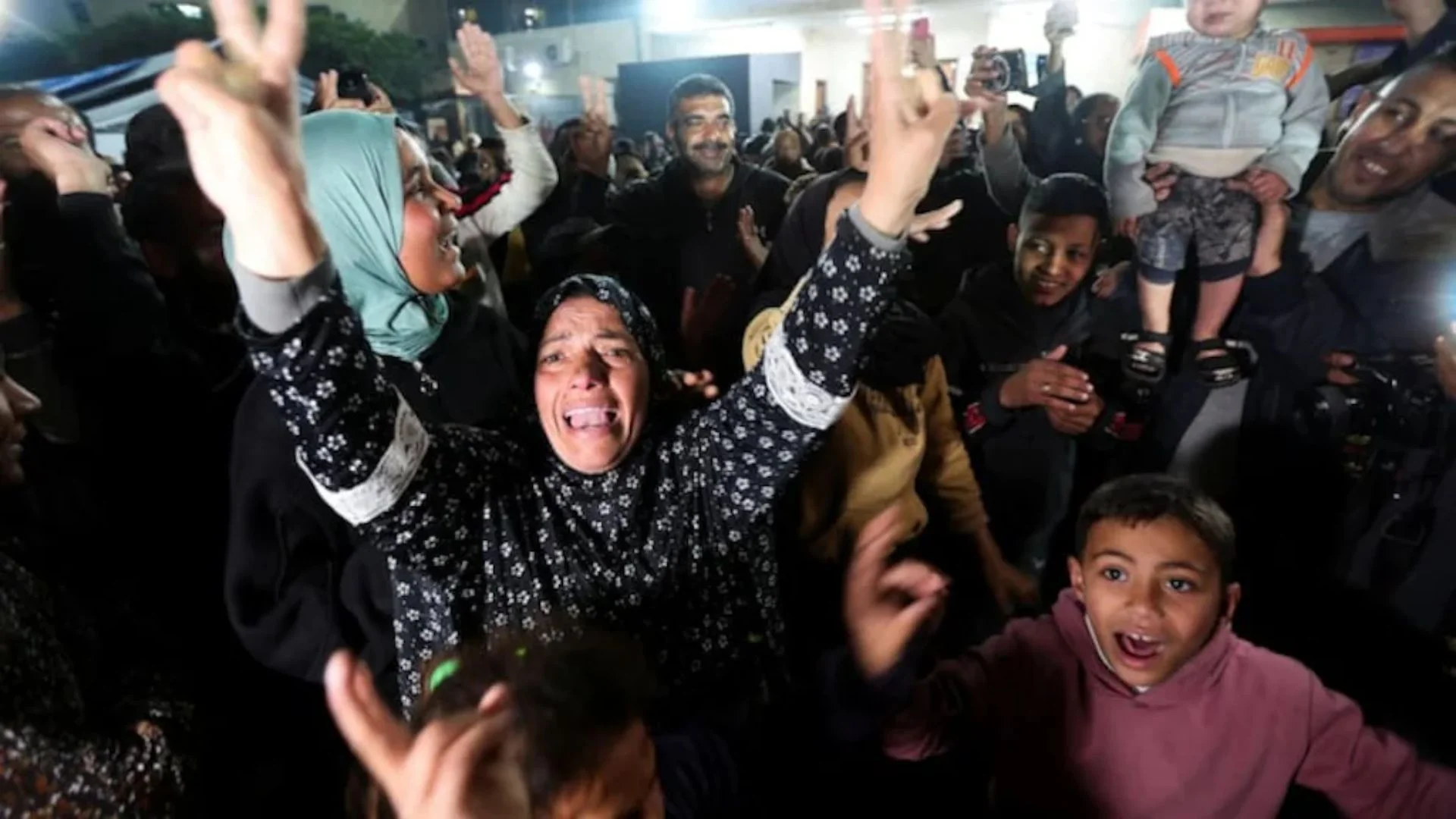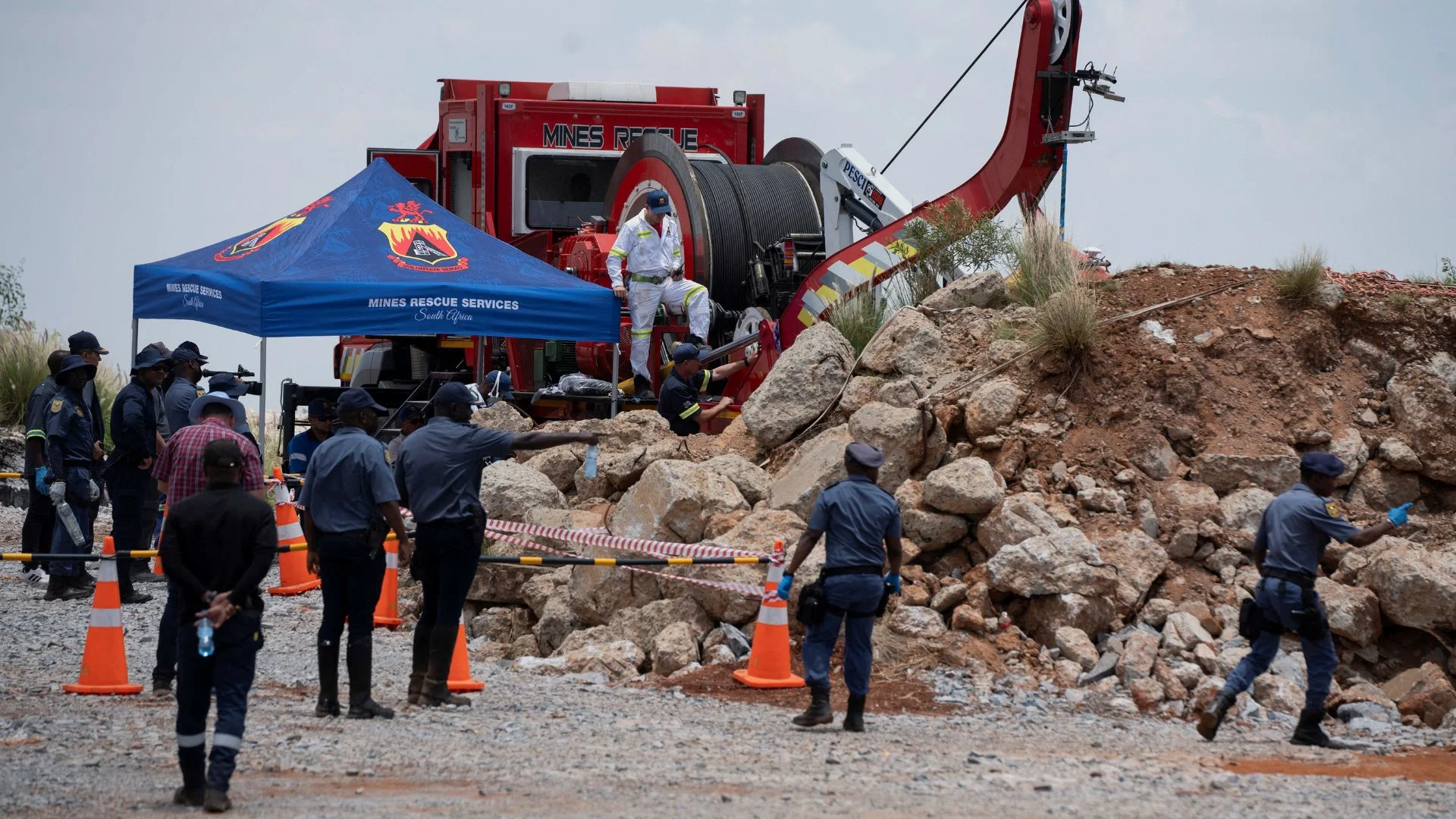The Delimitation Commission of Jammu and Kashmir during its meeting on Monday proposed the allocation of Assembly seats in Kashmir and Jammu regions, triggering strong protests from parties such as the National Conference. According to sources close to the developments, the panel proposed six additional seats for the Jammu region and one for the Kashmir Valley. With this, the total Assembly seats in the Jammu region mounted to 43 and in the Kashmir region to 47, sources said. The panel held its second meeting at Ashok Hotel in the national capital on Monday.
However, the PDP and the People’s Conference (PC) protested strongly against the commission’s draft recommendations which will alter the electoral map of Jammu and Kashmir. Three Lok Sabha members of the National Conference, including party president and former Chief Minister Farooq Abdullah along with party leaders Mohammad Akbar Lone and Hasnain Masudi, attended the commission meeting for the first time. Two BJP MPs, including Minister of State in the PMO Jitendra Singh and Jugal Kishore Sharma, were also present. Sources said that the parties have been asked to submit their views on the proposed increase of seats by 31 December.
Union Minister Dr Jitendra Singh said that the Commission has come out with a document that is objectively prepared. “All associated members regardless of parties appreciated work done by Delimitation Commission. NC members were also satisfied by parameters followed by the Commission,” he said.
However, Abdullah, who is also the chairman of the five-party People’s Alliance for Gupkar Declaration (PAGD), said after the meeting that he would brief the grouping as well as his party colleagues of the deliberations of the commission. “We attended the meeting for the first time because we wanted the voice of people of Jammu and Kashmir to be heard. The meeting took place in a cordial manner and we all were explained the method adopted for coming to the conclusion,” Abdullah said. “I will discuss with my senior party leaders before sending our views to the commission. We have also not been told about the seats that they are reserving for Schedule Castes and Schedule Tribes,” he said.
In a strong reaction, NC vice president and former Chief Minister Omar Abdullah tweeted that it was deeply disappointing that the commission appears to have allowed the political agenda of the BJP to dictate its recommendations rather than data which should have been its only consideration. “Contrary to the promised ‘scientific approach’, it’s a political approach,” he said. He said the draft recommendation of the Delimitation Commission “is unacceptable. The distribution of newly created assembly constituencies with six going to Jammu and only one to Kashmir is not justified by the data of the 2011 census.”
PDP president and former Chief Minister Mehbooba Mufti said the commission has been “created simply to serve BJP’s political interests by dividing people along religious and regional lines. The real game plan is to install a government in JK which will legitimise the illegal and unconstitutional decisions of August 2019”. She was referring to the government’s decisions of abrogating Jammu and Kashmir’s special status under Article 370 and bifurcating the erstwhile state into union territories.
People’s Conference chief Sajjad Lone said the recommendations of the commission were totally unacceptable. “They reek of bias. What a shock for those who believe in democracy,” he tweeted.
The Delimitation Commission was set up in February 2020 after the passage of the Jammu and Kashmir Reorganisation Bill in Parliament in August 2019. Initially, it was asked to complete its work within a year but had to be given an extension of one year in March this year as the work could not be completed due to the Covid-19 pandemic. The commission is tasked with redrawing parliamentary and assembly constituencies in the Union territory. The Delimitation Commission is headed by Justice (Retd.) Ranjana Prakash Desai.























